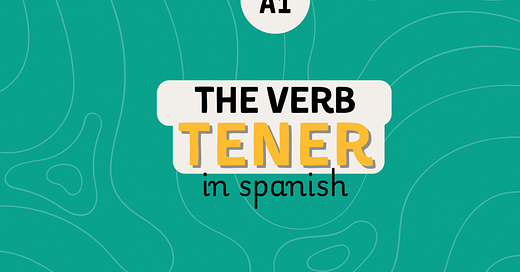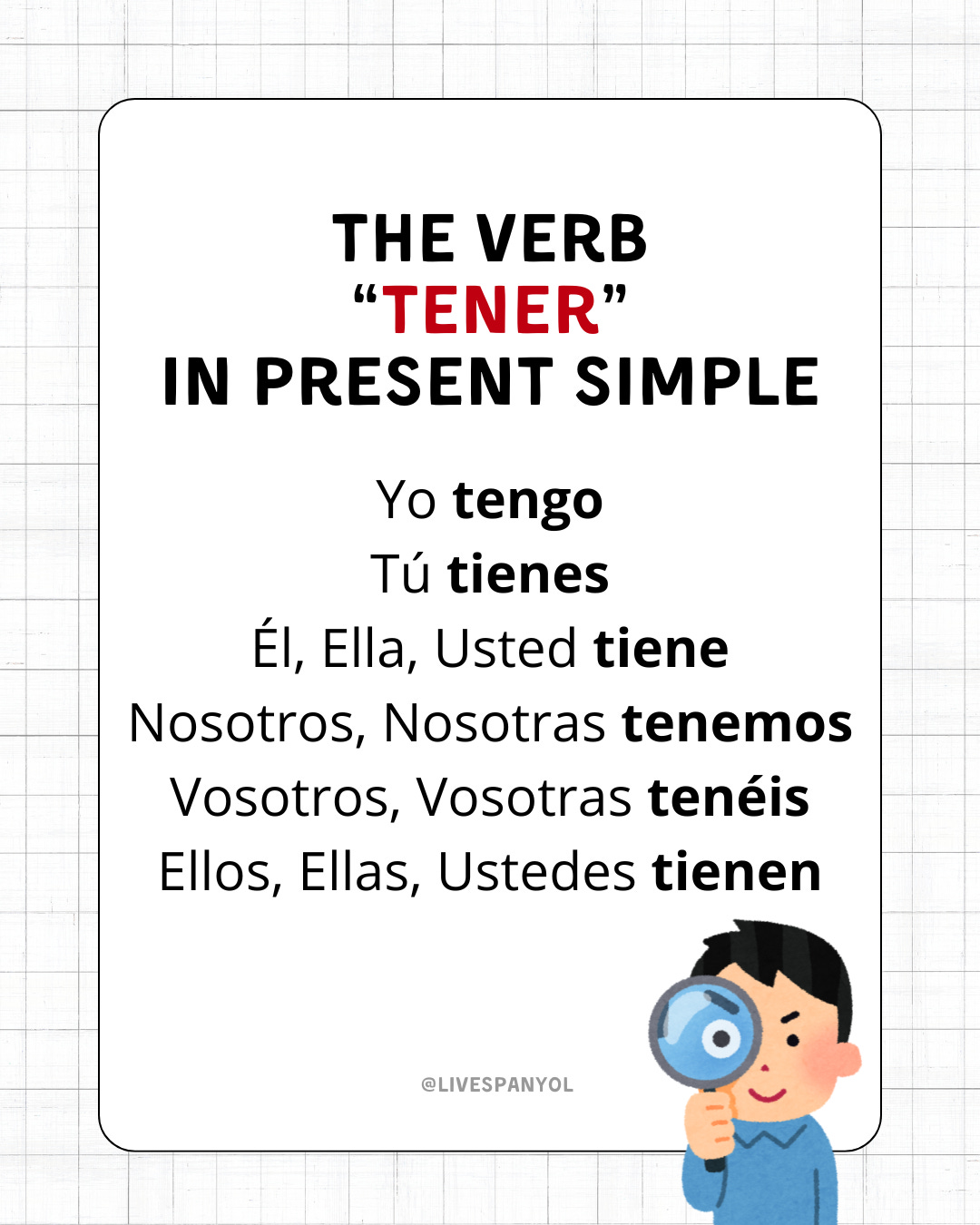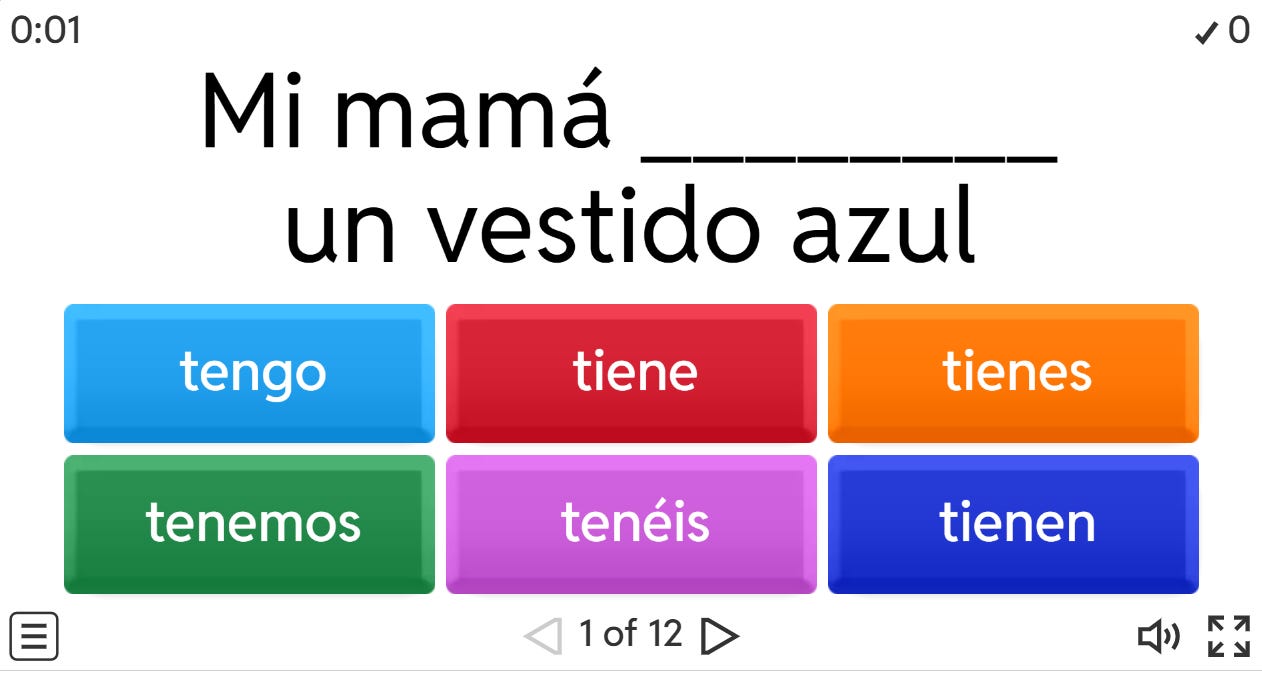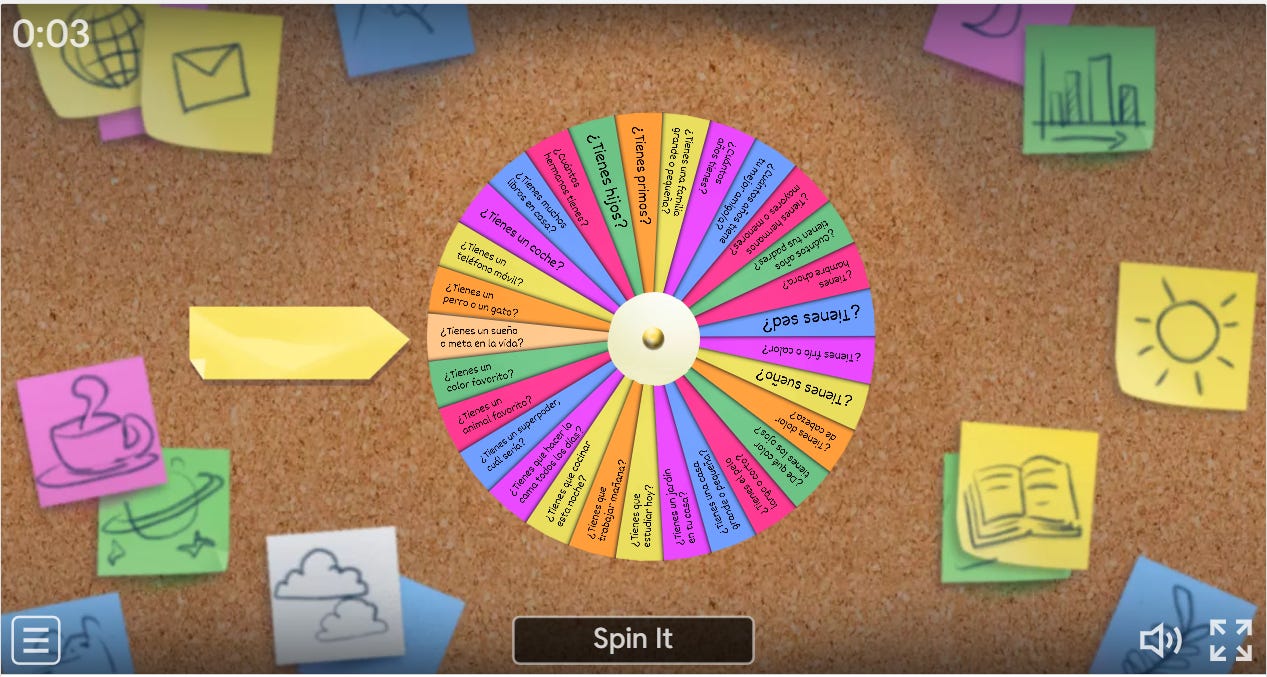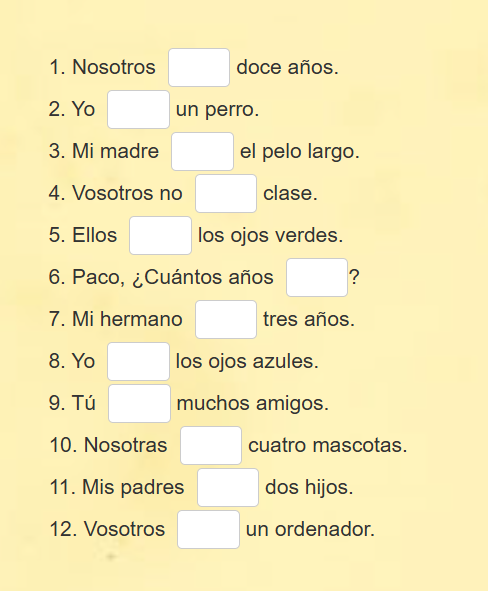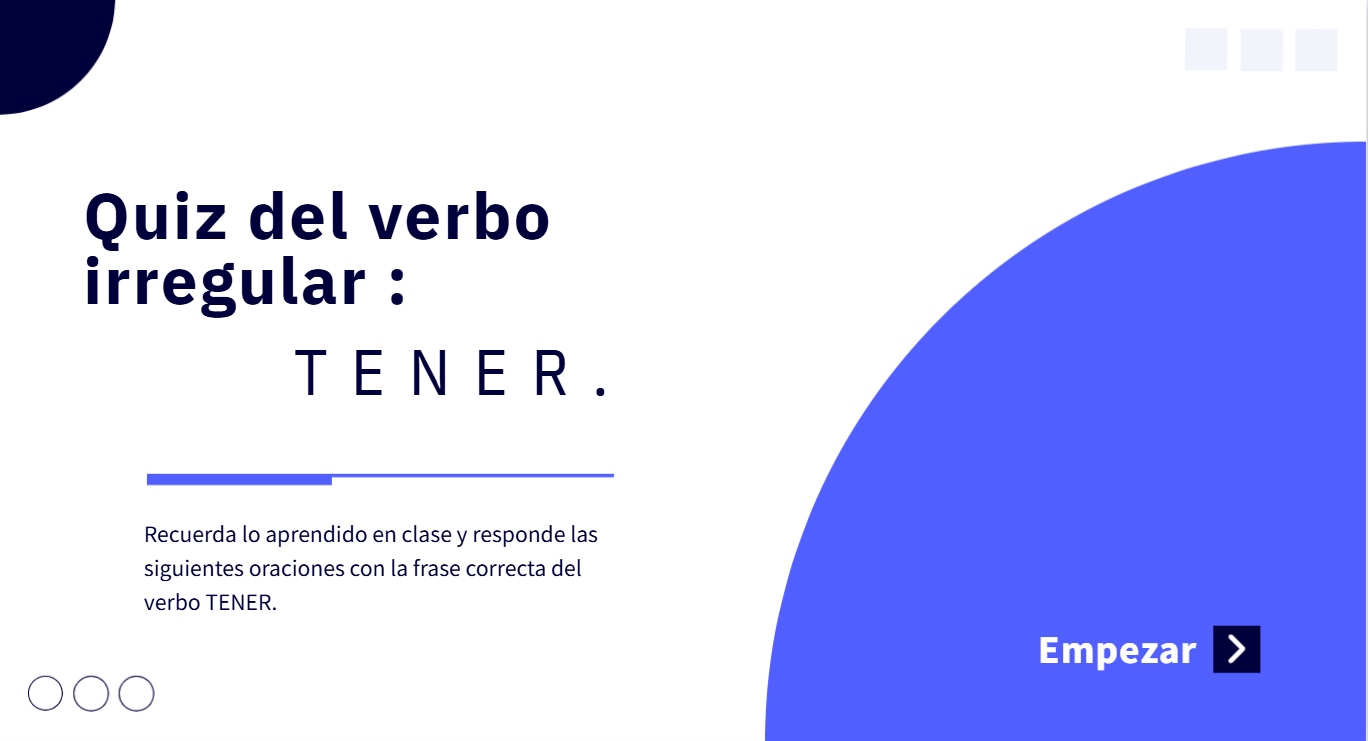The Verb Tener (to have)
If you're learning Spanish, one of the first verbs you'll encounter is "tener". This versatile verb is essential for expressing possession, age, physical states, and much more. In this post, we'll dive deep into the conjugation and uses of "tener" to help you master it like a pro. 🌟
Conjugation of "Tener" in Present Indicative 📝
First, let's look at how "tener" is conjugated in the present indicative tense:
Uses of "Tener" 🛠️
Indicating Possession 💼
¿Tienes dinero? (Do you have money?)
Tengo un ordenador nuevo. (I have a new computer.)
Luis no tiene coche. (Luis doesn't have a car.)
Asking for Something 🙏
¿Tienes un lápiz? (Do you have a pencil?)
Sí, pero lo necesito. (Yes, but I need it.)
Talking About Family 👨👩👧👦
Cristina tiene siete hermanos. (Cristina has seven siblings.)
¿Cuántos hijos tenéis? (How many children do you have?)
No tenemos hijos. (We don't have children.)
Describing People, Things, or Places 🏡
Enrique tiene los ojos verdes. (Enrique has green eyes.)
El piso tiene noventa metros cuadrados. (The apartment is ninety square meters.)
Mi casa no tiene jardín. (My house doesn't have a garden.)
Madrid tiene seis millones de habitantes. (Madrid has six million inhabitants.)
Expressing Age 🎂
¿Cuántos años tienes? (How old are you?)
Tengo veinticinco años. (I am twenty-five years old.)
Mis abuelos tienen noventa años. (My grandparents are ninety years old.)
Expressing Physical and Emotional States 🤒
Tienes mala cara. ¿Tienes fiebre? (You look bad. Do you have a fever?)
Tengo hambre. (I am hungry.)
Tengo frío. (I am cold.)
Negative Sentences and Questions ❌❓
Negative Sentences: Place "no" before the verb.
No tengo dinero. (I don't have money.)
Los niños no tienen sueño. (The children are not sleepy.)
Questions: The subject usually comes after the verb.
¿Cuántos años tiene Pedro? (How old is Pedro?)
¿Tienen ustedes perro en casa? (Do you have a dog at home?)
Practice Exercise 📚
Complete the following sentences using the correct form of "tener":
Conversation questions about “tener”🗣️
Practice answering these questions with the verb “tener.
Complete the sentences with the verb “Tener”
Click here to practice.
Check your knowledge of the verb “Tener”
Click here to practice.
🚀 Want to Learn More?
📅 Book a 1-on-1 Spanish Lesson with me! 👉 Click here to schedule!


